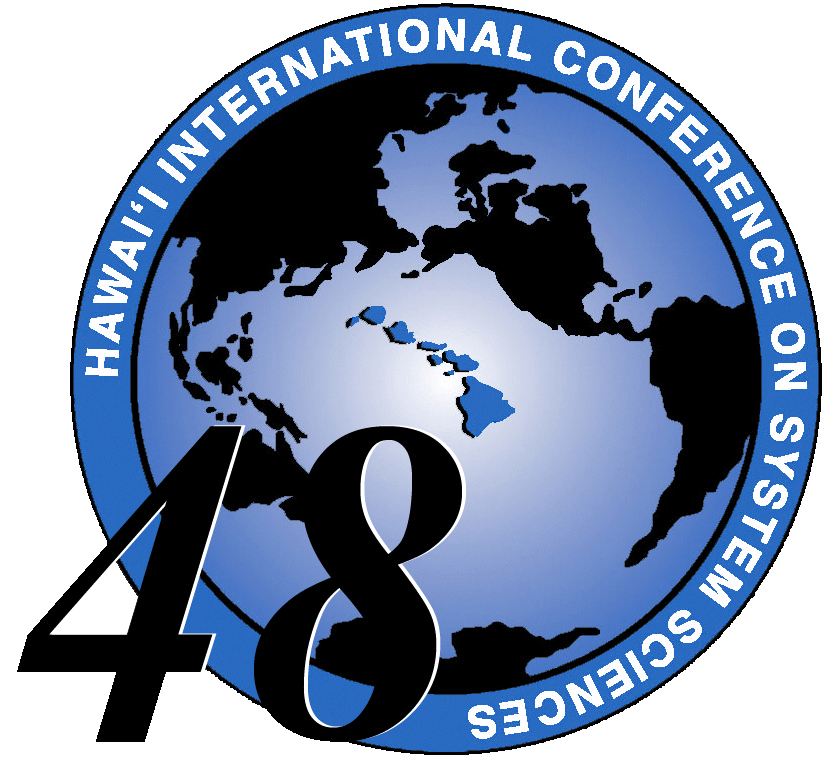HICSS - 48 E-Government Track
48th Hawaii International Conference on System Sciences
January 5-8, 2015 - Grand Hyatt, Koloa/Kauai, HI, USA
Overview
Minitracks
Symposia and Workshops
Other Links
Innovating Together: Co-creation and Co-production of Public Services
Full-Day Symposium, January 4, 2015
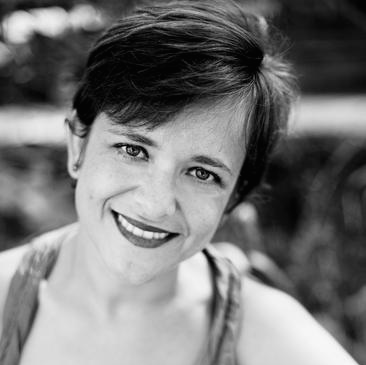
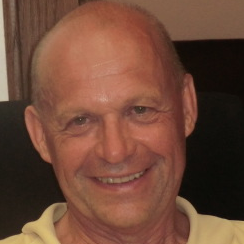
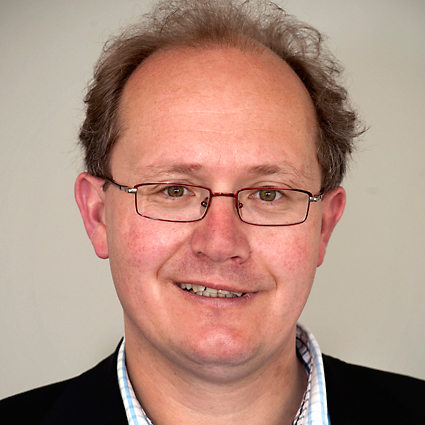
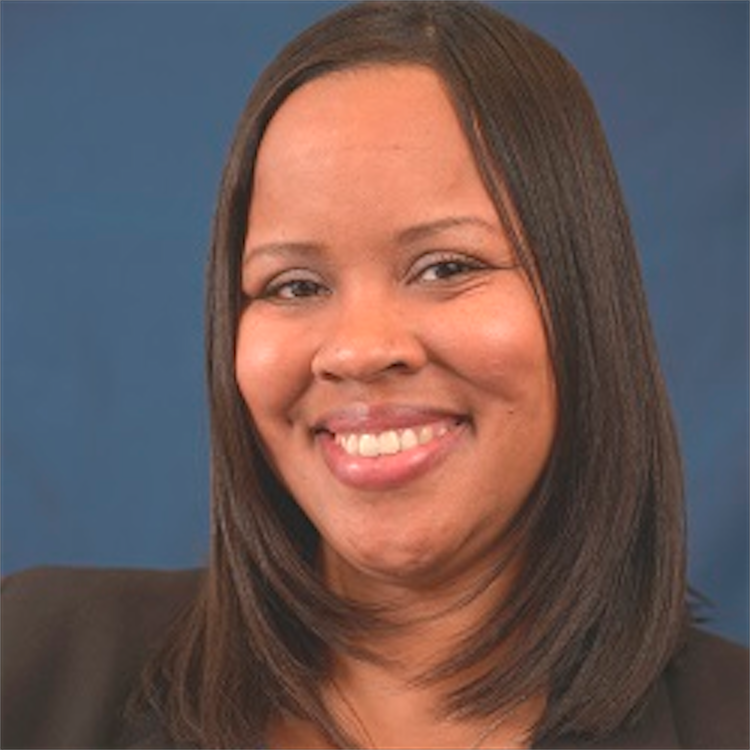

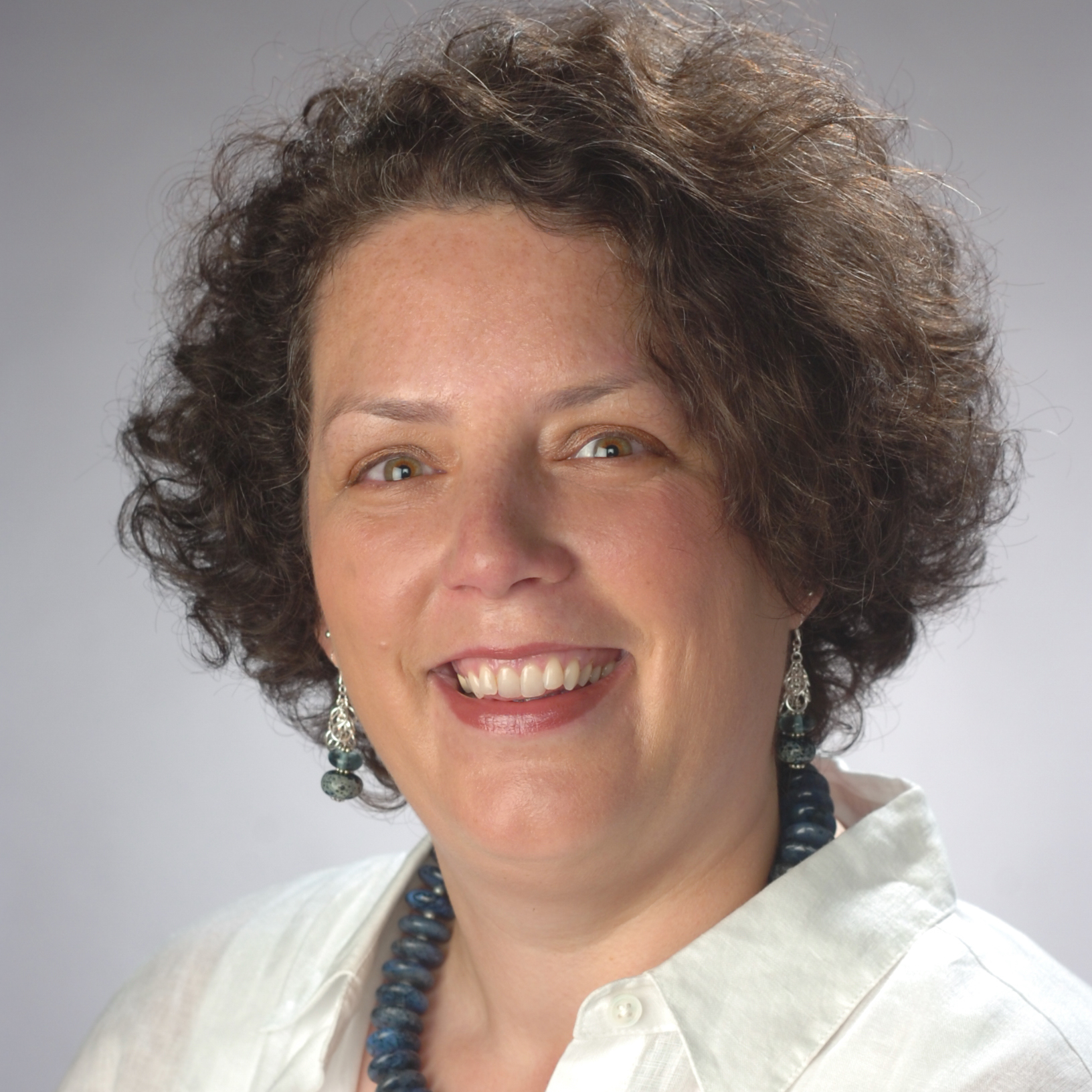
This year the 8thth e-Government Symposium will focus on "Innovating together: Co-production and co-creation of public services” as it kicks off the activities of the HICSS-48 e-Government Track.
Open innovation assumes that firms can and should use external ideas as well as internal ideas, and internal and external paths to market, as the firms look to advance their technology. Open innovation, therefore, encourages organizations to search for solutions outside their organizational boundaries. Implementing open innovation in the public sector have a myriad of positive effects, including increased awareness of social problems, more effective practices based on broad citizen experience, and increased trust between government and citizens.
At the core of the concept of open innovation in the public sector lies the active involvement of citizens into public sector activities. This involvement is often referred to as co-creation and co-production. Although these terms were introduced back in the 70s, recently they have gained a renewed interest as a result of technological developments, which have given citizens more control, allowing for new ways of interaction and involvement, particularly in public services delivery.
During a daylong meeting, we will discuss issues such as the challenges of open innovation in the public sector, the differences between co-creation (open innovation) and co-production (open services), the different types of co-creation, the characteristics of co-production initiatives, the factors that influence co-production and co-creation with citizens, the incentives that citizens have to be involved in co-production, the role of open data and social media in co-producing public services. We will also evaluate the impact and the transformation brought about by ICT-driven co-production experiences, including quantitative and qualitative assessments. Theoretical approaches but, also, case studies of successes and failures will be presented in order to collect several learned lessons that may be useful for researchers and practitioners with an interest in this field.
Attendees will participate in discussion and workshop sessions to identify common issues and opportunities for research-practice collaborations.
The symposium complements the paper sessions of the HICSS-48 E-Government Track.
More information on the symposium leader
Mila Gascó-Hernández holds a MBA and a Ph. D. in public policy evaluation (Award Enric Prat de la Riba granted to the best Ph. D. thesis on public management and administration, given by the Escola d’Administració Pública de Catalunya in Barcelona, Spain). Nowadays, she is a researcher at the Institute of Governance and Public Management of ESADE. There, she is in charge of the ICT area of research. She is also the country leader of COMPOSITE (Comparative Police Studies in the European Union), a FP7 funded research project on change management in police organizations across Europe. Mila is a professor at the Open University of Catalonia, where she is doing a lot of supervising work on information society-related research and PhD thesis. She has a wide teaching experience (she worked as a full professor in the Rovira i Virgili University and as an associate professor in the Pompeu Fabra University) as well as research knowledge (apart from her work at different universities, for seven years, she was a senior analyst at the International Institute on Governance of Catalonia). She also has a lot of consulting experience on the information and knowledge society. In this respect, she has worked for a wide variety of organizations such as the United Nations Development Program, the Spanish Agency for International Development Cooperation, the City Council and the Provincial Council of Barcelona, the International Institute for Democracy and Electoral Assistance, the Latin American Centre on Management for Development (for whom she co-developed the Ibero-American Interoperability Framework), the World E-Governments Organization of Cities and Local Governments (she is a judge for the WeGo Awards), or Google. Her research interests include e-government interoperability, open government, innovation, and smart cities.
Symposium Leader
Mila Gascó
(Primary Contact)
Institute of Public Governance and Management
ESADE – Ramon Llull University
Av. Pedralbes 60-62.
E-08034 Barcelona, Spain
Phone: +34-932-806-162
Email: mila.gasco@esade.edu
Co-Chair & Co-Sponsor
Hans J (Jochen) Scholl
University of Washington
The Information School
Mary Gates Hall, Suite 310c
Box 352840
Seattle, WA 98195-2840, USA
Phone: +1-206-616-2543
Fax: +1-206-616-3152
Email: jscholl@uw.edu
Co-Chairs
Victor Bekkers
Professor
Director – Center of Public Innovation
Erasmus University Rotterdam
Rotterdam (The Netherlands)
Email: bekkers@fsw.eur.nl
Lemuria Carter
Associate Professor
Department of Accounting & Finance
North Carolina A & T State University
School of Business and Economics, Merrick Hall
Greensboro, NC (USA)
Email: Ldcarter@ncat.edu
Albert Meijer
Associate Professor
Utrecht School of Governance
Utrecht University
Utrecht (The Netherlands)
Greensboro, NC (USA)
Email: a.j.meijer@uu.nl
Ines Mergel
Assistant professor - Department of Public Administration and International Affairs
Senior researcher – Center for technology and Information Policy
Maxwell School of Citizenship and Public Affairs
Syracuse University
Syracuse, NY (USA)
Email: iamergel@maxwell.syr.edu
